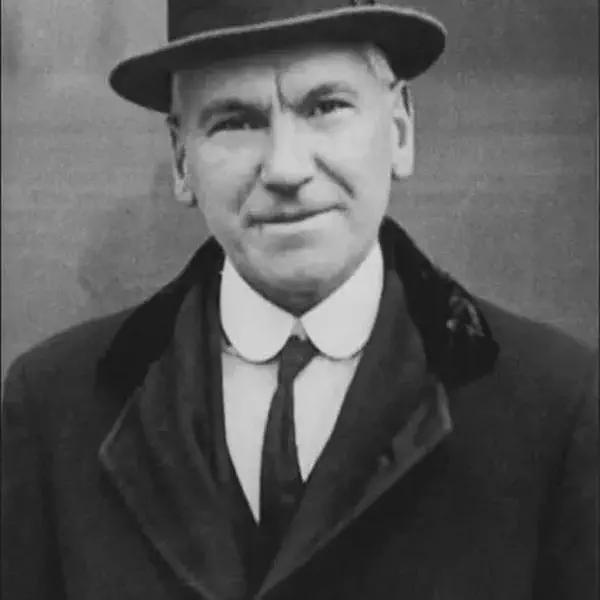
John Maclean, Political Activist, Marxist, Appointed Bolshevik Consul for Scotland by Lenin, Died
November 30, 1923
John Maclean, (24 August 1879 – 30 November 1923) the Scottish political activist and Marxist, was a Scottish schoolteacher and revolutionary socialist of the Red Clydeside era.
He was notable for his outspoken opposition to World War I, which caused his arrest under the Defence of the Realm Act and loss of his teaching post, after which he became a full-time Marxist lecturer and organiser.
Maclean believed that Scottish workers were especially fitted to lead the revolution, and talked of “Celtic communism”, inspired by clan spirit. But his launch of a Scottish Workers Republican Party and a Scottish Communist Party were largely unsuccessful.
While he was not appointed as a Bolshevik consul for Scotland by Lenin, he was involved in Marxist and socialist activities during the revolutionary period. Here are key details:
Political Activism
John Maclean was a prominent figure in the socialist and labor movements in Scotland. He was a vocal advocate for workers’ rights and a staunch Marxist.
Russian Revolution
During the Russian Revolution of 1917, Maclean was supportive of the Bolshevik cause and expressed solidarity with the working class in Russia. He admired the Bolsheviks’ commitment to socialism and workers’ power.
Appointment as Consul
While there are accounts suggesting that Maclean declared himself the Bolshevik consul for Scotland, there is no evidence to support the idea that Lenin officially appointed him to such a position. Maclean’s actions were more symbolic, expressing his personal allegiance to the Bolshevik cause.
Imprisonment
Maclean’s activism and anti-war stance during World War I led to his imprisonment in 1916. He was released in 1917, and upon his return to Glasgow, he continued his efforts to promote socialist and Marxist ideas.
Death
John Maclean died on November 30, 1923, at the age of 44. His health had been severely compromised due to the harsh conditions he endured during his imprisonment.
While Maclean did not hold an official diplomatic position for the Bolsheviks, his commitment to socialist and Marxist principles, as well as his support for the Russian Revolution, has left an enduring legacy in the history of socialist movements in Scotland and beyond.